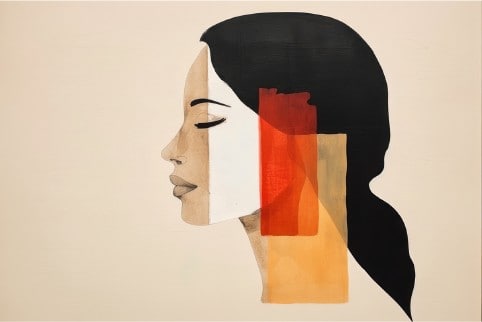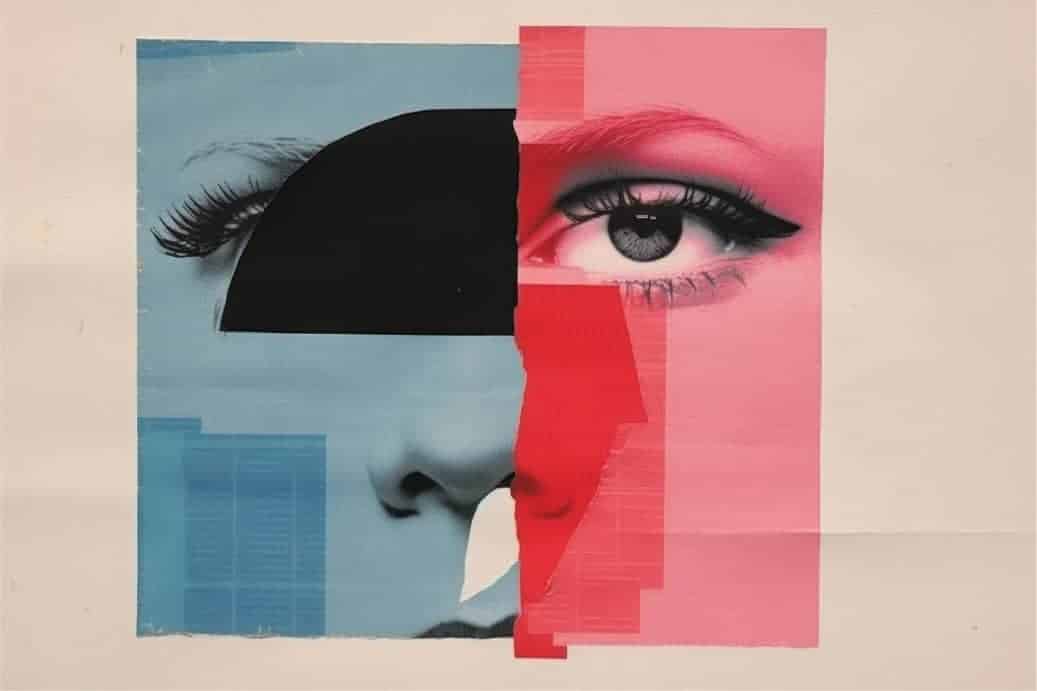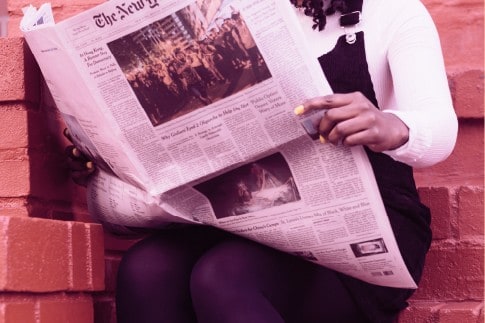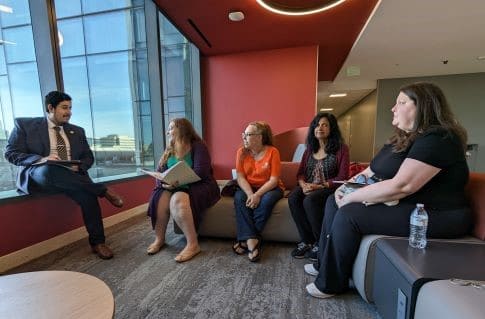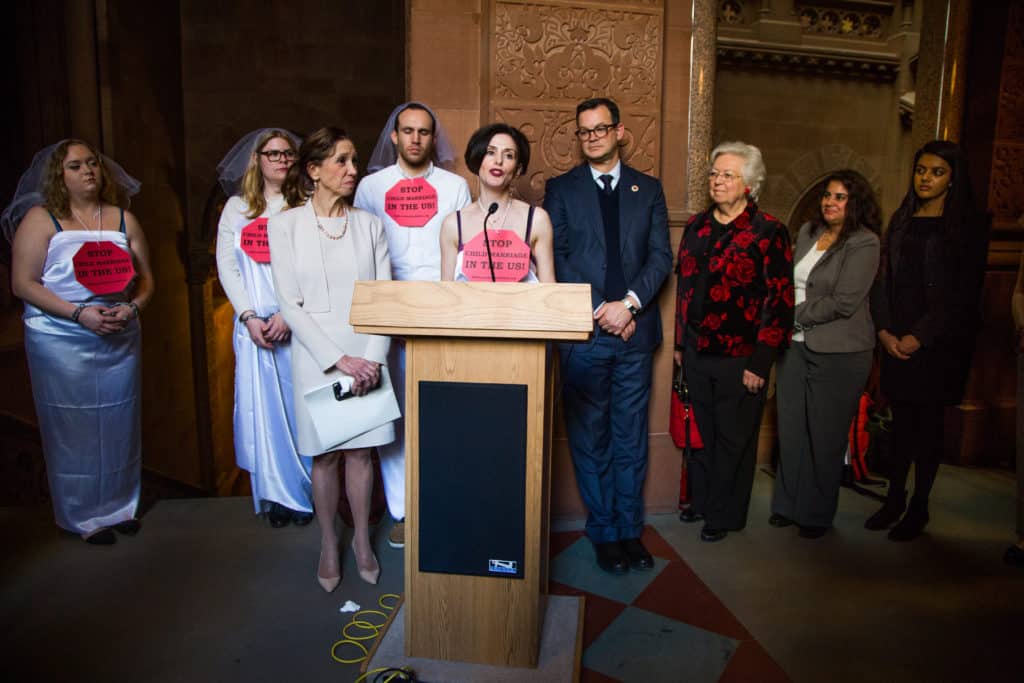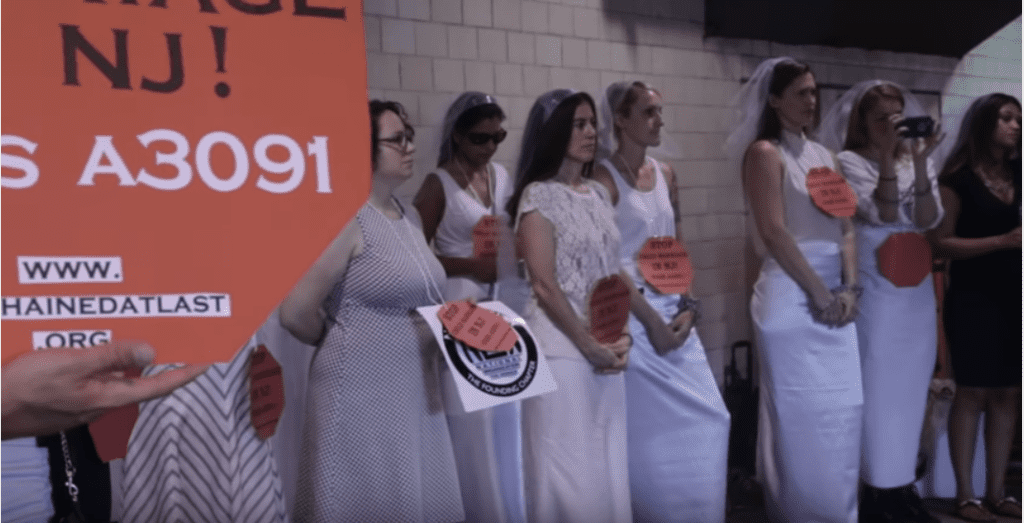Photo Credit: Hinda Schuman
A dozen protesters joined Unchained At Last in Philadelphia on Saturday – dressed in bridal gowns and veils, with arms chained and arms taped – to send a powerful message to legislators: Pass HB1038, the bill that would end child marriage in Pennsylvania.
“1-0-3-8! Save the girls in our state,” the protesters chanted at the Chain-In.
The activists who addressed the crowd at the Chain-In included:
- Rep. Perry Warren, Pennsylvania House of Representatives | Primary sponsor of HB1038
- Samantha Pearson, Office of Councilmember Blondell Reynolds Brown
- Krishna Rami, Vice President of PA National Organization for Women
- Fraidy Reiss, Unchained At Last
- Jessica Christensen, Hope After Polygamy
Child Marriage in Pennsylvania
The marriage age in Pennsylvania is 18, but dangerous legal loopholes allow children of any age to marry.
Children age 16 or 17 can marry with parental “consent,” which is often parental “coercion,” and children under 16 can marry with judicial approval. The judicial review process does not protect children: It does not specify any criteria a judge must consider before approving the marriage of a child. Besides, a child who is forced to marry also is forced to lie to the judge about it.
As of 2014, some 3,323 children in Pennsylvania age 15 to 17 had already been married.
HB1038 would eliminate the dangerous loopholes and leave the marriage age where it is now: 18.
Our Movement to End Child Marriage in America
We at Unchained At Last lead a growing, historic movement to end child marriage in America.
Currently, marriage before 18 is legal in 49 U.S. states; in fact, laws in 21 states, including Pennsylvania, do not specify any minimum marriage age.
Child marriage is often forced marriage, because children face overwhelming legal and practical barriers if they try to leave home, enter a domestic violence shelter, retain an attorney or bring a legal action such as a divorce before they turn 18. Further, child marriage destroys girls’ health, education and economic opportunities and significantly increases their risk of being beaten by their spouse.
That’s why we are pushing to end child marriage in America – including through Chain-Ins, a form of peaceful protest we invented, where we gather in bridal gowns and veils, with our arms chained and mouths taped, to show the world what life looks like for a girl or woman who is forced to marry.

